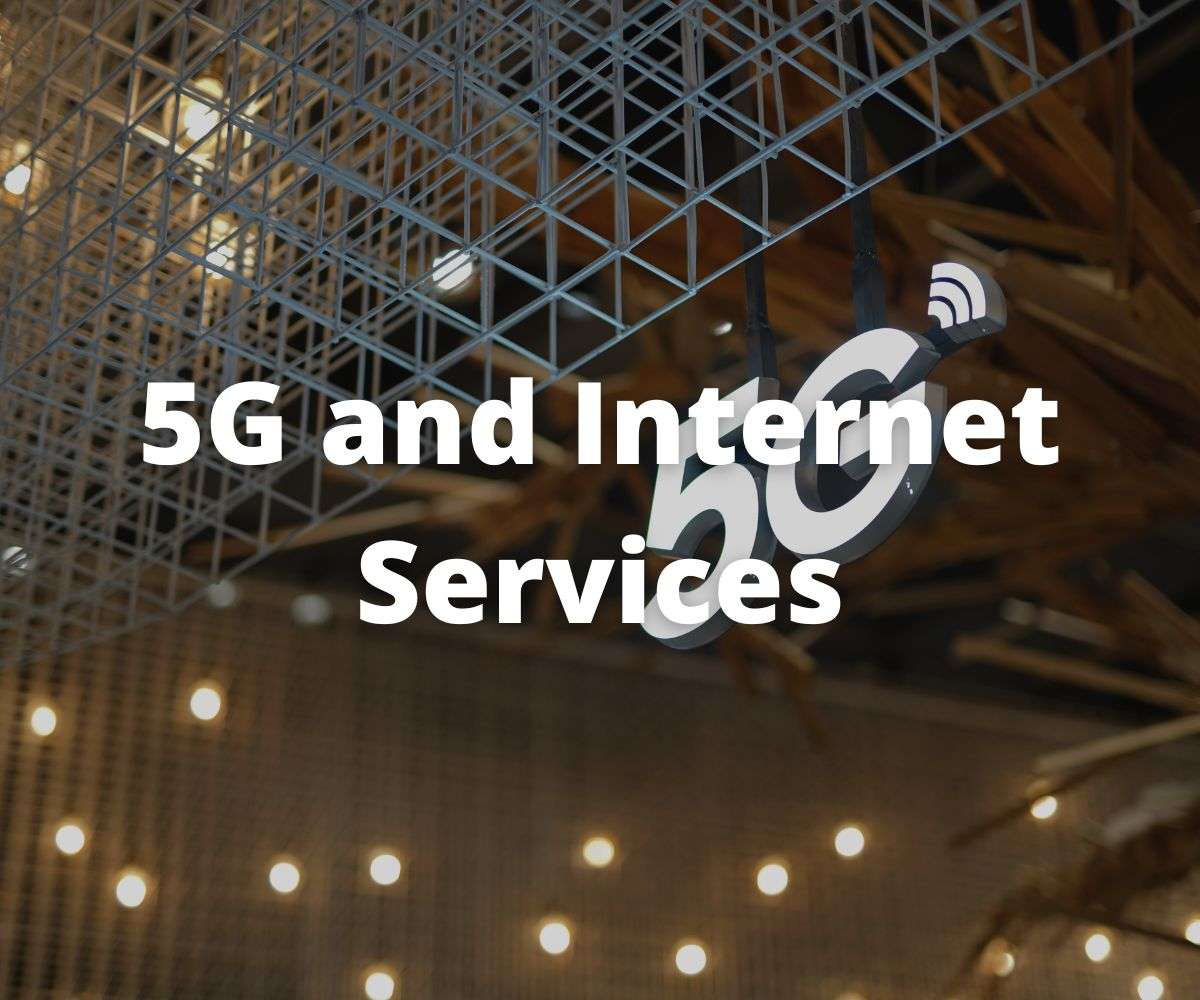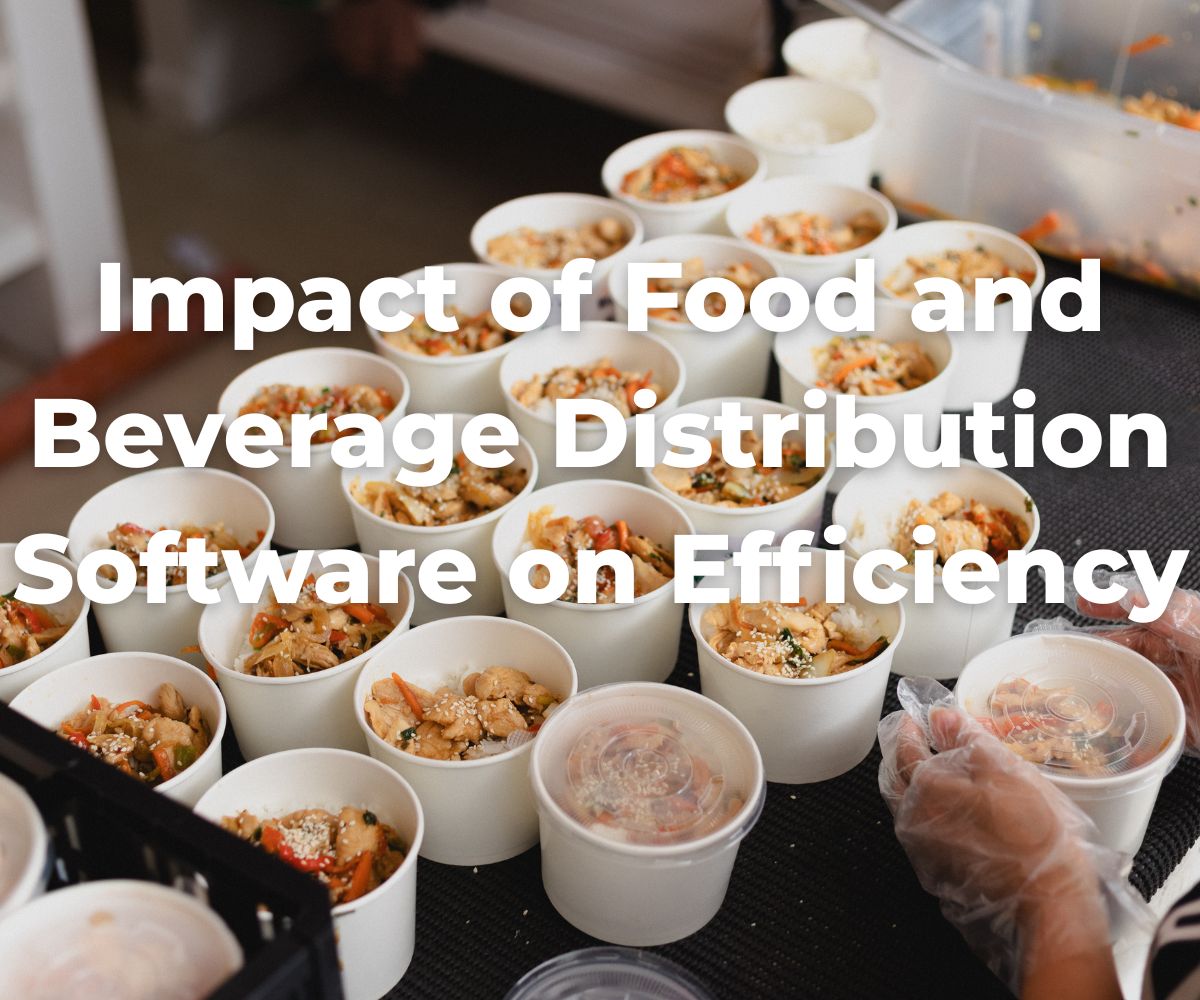five g and internet services
Description
5G and Internet Services: The Future of High-Speed Connectivity
In today's world, high-speed connectivity has become an essential part of our daily lives.
The internet has revolutionized how we live and work, from streaming movies to working remotely.
However, as our dependence on the internet grows, so does our need for faster, more reliable connectivity.
This is where 5G technology comes in. In this article, we will explore the concept of 5G and its impact on internet services.
What is 5G?
5G is the fifth generation of wireless technology that promises faster and more reliable connectivity.
It is designed to provide faster download and upload speeds, reduced latency, and greater network capacity.
Unlike previous generations of wireless technology, 5G is not just an upgrade but a complete transformation of the wireless infrastructure.
5G technology is expected to be 10 to 100 times faster than 4G LTE, with speeds up to 20 gigabits per second.
This means that downloading a high-definition movie could take just a few seconds.
Additionally, latency, the amount of time it takes for data to move between two points, will be considerably reduced by 5G.
With 5G, latency could be reduced to just a few milliseconds, which is essential for real-time gaming and virtual reality applications.
The Impact of 5G on Internet Services
The impact of 5G technology on internet services is expected to be significant.
With faster download and upload speeds, users can stream high-definition videos and play online games without buffering or lag.
This means that internet service providers must provide higher bandwidth and more reliable connections to meet the demand for high-speed connectivity.
Moreover, 5G technology will enable the development of new applications and services that were impossible with previous generations of wireless technology.
For instance, it will revolutionize the Internet of Things (IoT) by enabling the connection of billions of devices to the internet, leading to the development of smart homes, smart cities, and autonomous vehicles.
Additionally, 5G technology will improve the performance of cloud-based applications, making it easier for businesses to access and manage their data.
The technology's low latency and high reliability will also enable the development of real-time applications, such as gaming and virtual reality, which require a seamless and uninterrupted experience.
Overall, the impact of 5G on internet services will be immense, leading to a more connected and efficient world.
However, it will require significant investment in infrastructure and overcoming several challenges to become widely available.
Advancements in High-Speed Connectivity
5G is just one of several advancements in high-speed connectivity.
Another critical technology is fiber optic networks. Fiber optic networks use thin strands of glass or plastic to transmit data at breakneck speeds.
Unlike traditional copper wire networks, fiber optic networks are not affected by interference from electrical or magnetic fields, making them more reliable and secure.
Another critical aspect of high-speed connectivity is increased bandwidth.
The amount of data that can be sent via a network in a specific time is called bandwidth.
With the increasing demand for high-speed internet, it is essential to increase bandwidth to prevent congestion and slowdowns.
The Future of High-Speed Connectivity
The future of high-speed connectivity lies in adopting and implementing 5G technology.
With its ability to provide faster and more reliable connections, 5G is poised to transform how we connect to the internet and use technology in our daily lives.
As more and more devices connect to the internet, the demand for high-speed connectivity will only increase.
5G technology can deliver internet speeds up to 100 times faster than 4G, making it ideal for applications such as virtual reality, online gaming, and real-time video streaming.
Furthermore, 5G technology can connect more devices to the internet than ever.
The Internet of Things (IoT) will be significantly impacted by the widespread adoption of 5G, enabling the connection of billions of devices to the internet.
This will lead to the development of smart homes, smart cities, and other IoT applications.
Another benefit of 5G technology is its low latency, which means that data can be transmitted and received much faster than with previous generations of wireless technology.
This makes it ideal for real-time applications such as autonomous vehicles, where split-second decisions are crucial.
Conclusion
In conclusion, 5G technology has the potential to revolutionize high-speed connectivity and transform many industries.
Its faster download and upload speeds, reduced latency, and greater network capacity will enable the development of new applications and services that were not possible with previous generations of wireless technology.
However, implementing 5G technology will require significant investment and resolving several challenges.
Sites you may also like:
5 Best Artificial Intelligence Trading Software
Benefits Of Integrating Artificial Intelligence (Ai) In Your E-Commerce App






















